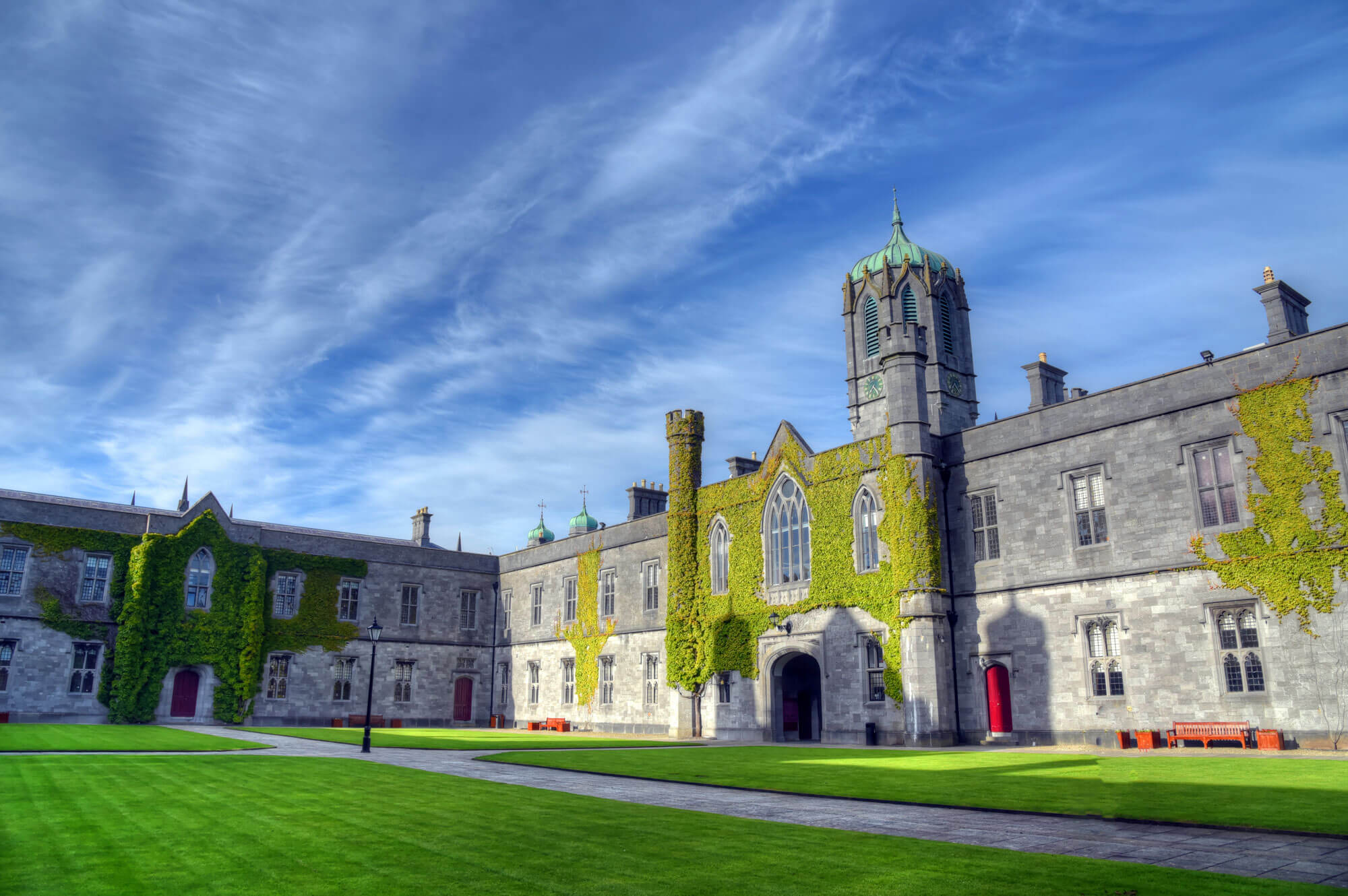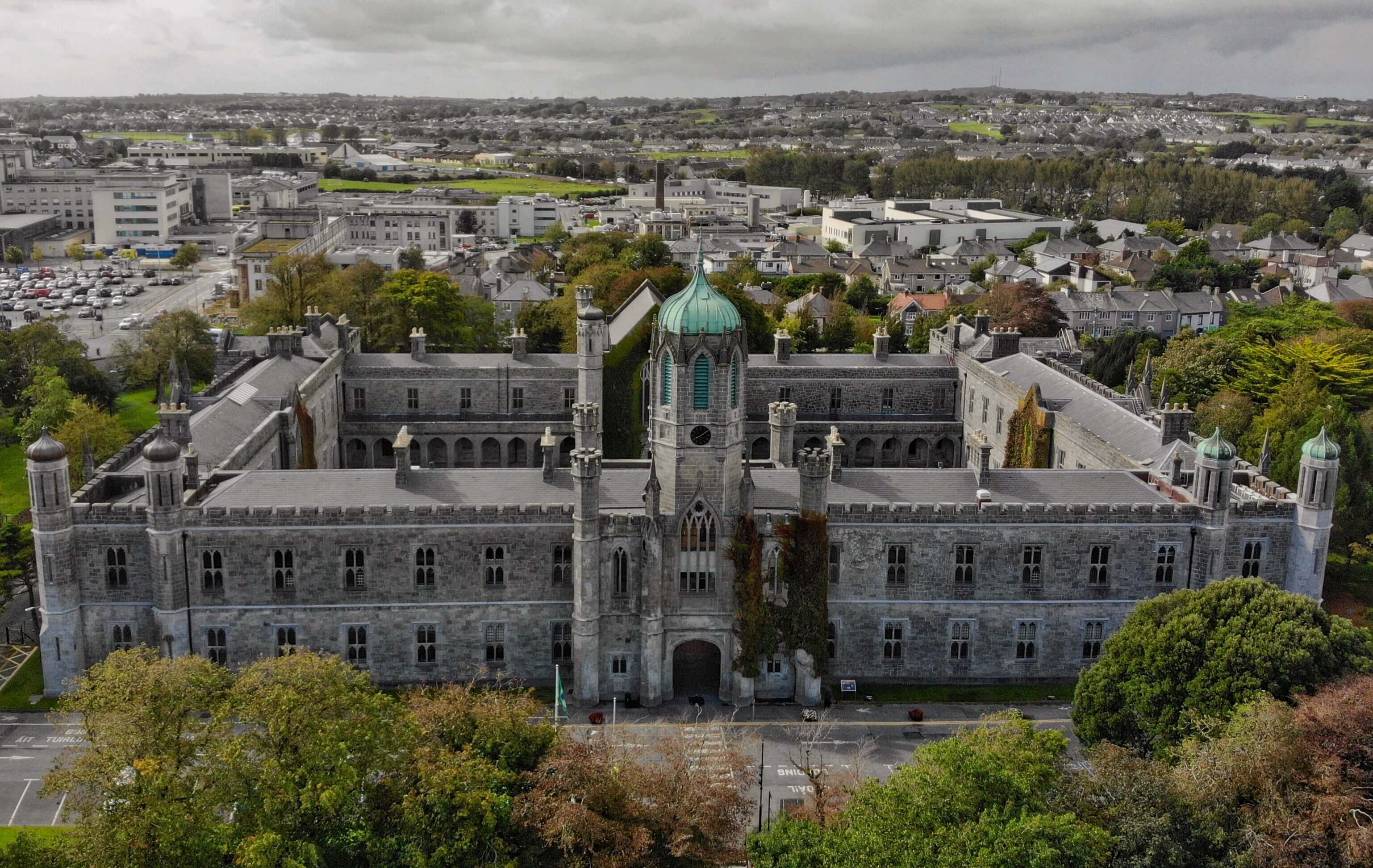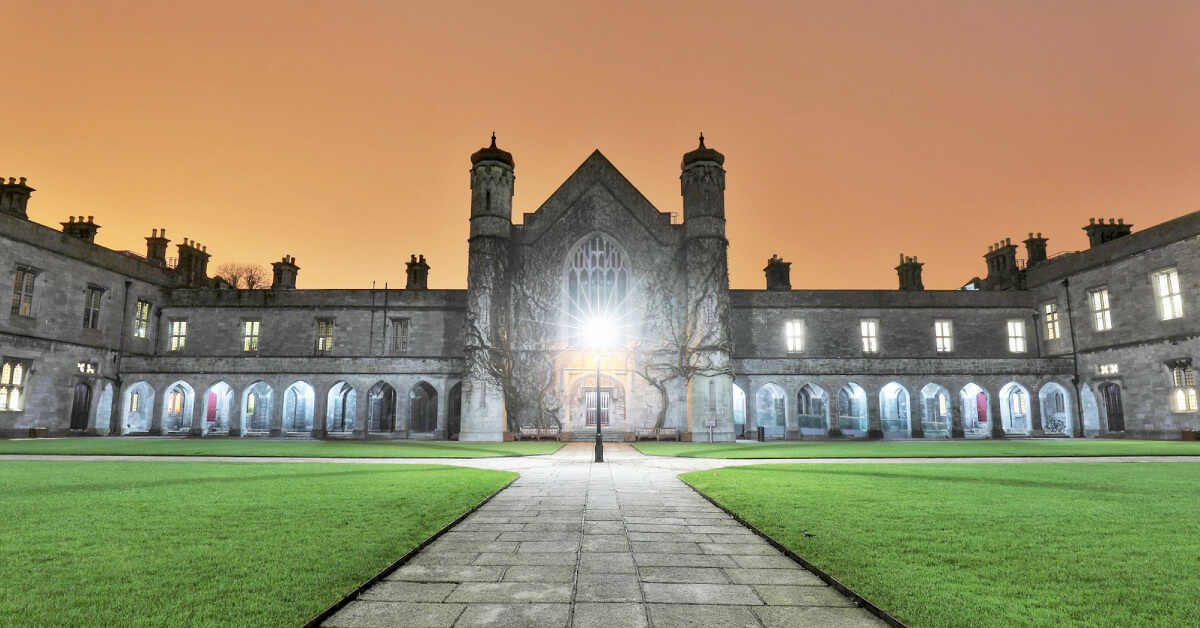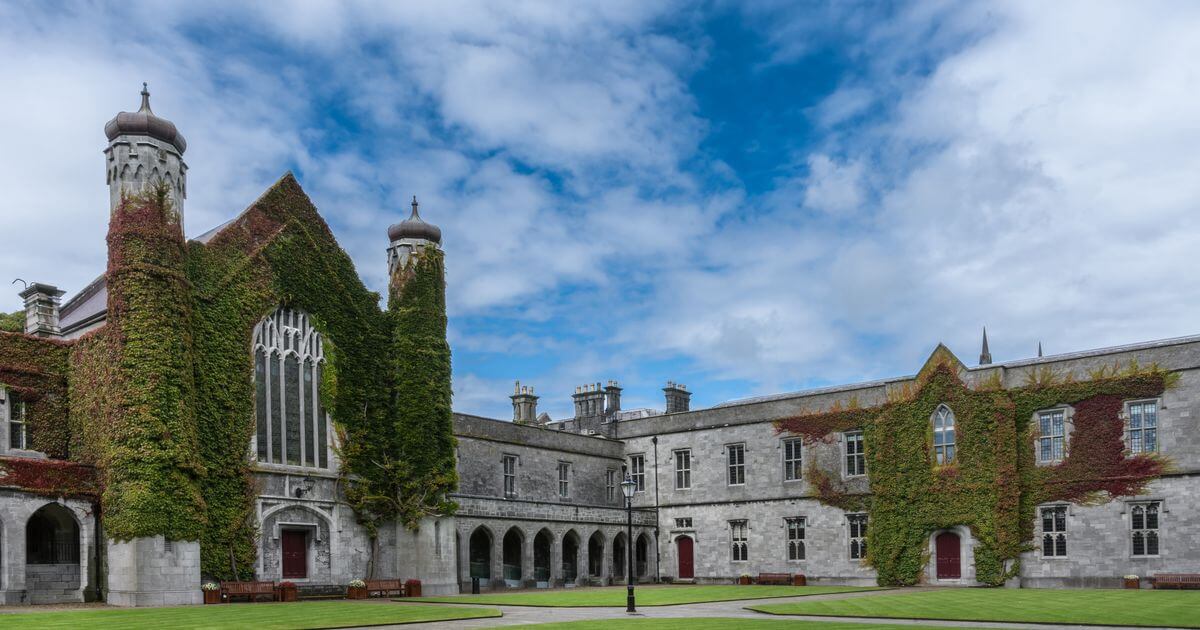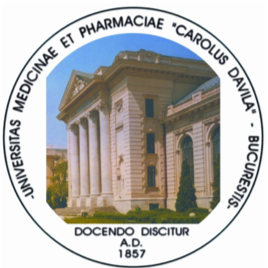Year 1
Central to the curriculum are the podiatric medicine modules. These modules extend throughout the programme building from year one to integrate and articulate with the theoretical learning. In first year the students are introduced to clinical protocols and pre-clinical skills, they then develop and acquire the essential psychomotor and communication skills required for podiatric practice.
1st year modules deal mainly with normal structure and function. This allows time to absorb and reflect on normal function and structure prior to progressing to abnormal structure and disease states in year two. Year 1 modules include:
Podiatric Medicine 1
Podiatric Dermatology
Lower Limb Kinematics
Human Body Structure
Gross Anatomy of Lower limb
Human Body Function
Professional Development
Redefining Health and Wellbeing
Year 2
Various aspects of management planning skills are introduced at each stage of the program. Ultimately students acquire assessment and diagnostic skills and increasing competence leads to a comprehensive podiatric patient management, which requires increasing cognitive and psychomotor skills to affect safe and efficient patient care. The following modules advance the students theoretical knowledge and core practical skills, with an increasing complexity of patient assessment and management required in the clinical setting during year two of the program. Second year modules include:
Podiatric Medicine 2
Lower Extremity Wounds
Applied Pathophysiology
Endocrinology
Microbiology
Functional Anatomy and Biomechanics
Evidence Based Practice
Health Promotion in Podiatry
Year 3
This state of the art clinical facility provides a service to patients with a wide variety of medical and surgical conditions, children, sports injuries, rheumatology, vascular and diabetes care. Students in year three of the program undertake specialist clinical rotations in adult musculoskeletal medicine, paediatrics, rheumatology, vascular and diabetes care.
Students are encouraged to develop the necessary skills to understand critique and apply research-based evidence in practice. Research approaches and methodologies are covered within years 2 and 3 of the programme ensuring students receive grounding in research methods and biostatistics before they apply this knowledge in their dissertation in year 4. Modules in year 3 include:
Podiatric Medicine 3
Clinical Medicine
Research Methods & Design
Biostatistics
Podopaediatrics
Orthopaedics
Pharmacology in Health and Disease
Year 4
The overall aim of the programme is to develop caring and skilled honours graduates who are knowledgeable, creative, innovative and competent practitioners applying an enquiring and scientific ethos to health care. Students consolidate a lot of their knowledge and skills in year four, which includes the following modules:
Research Dissertation
Podiatric Medicine 4
Skills for Practice
Working with Vulnerable Adults
High Risk Limb
Podiatric Sports and MSK Medicine
Show less

